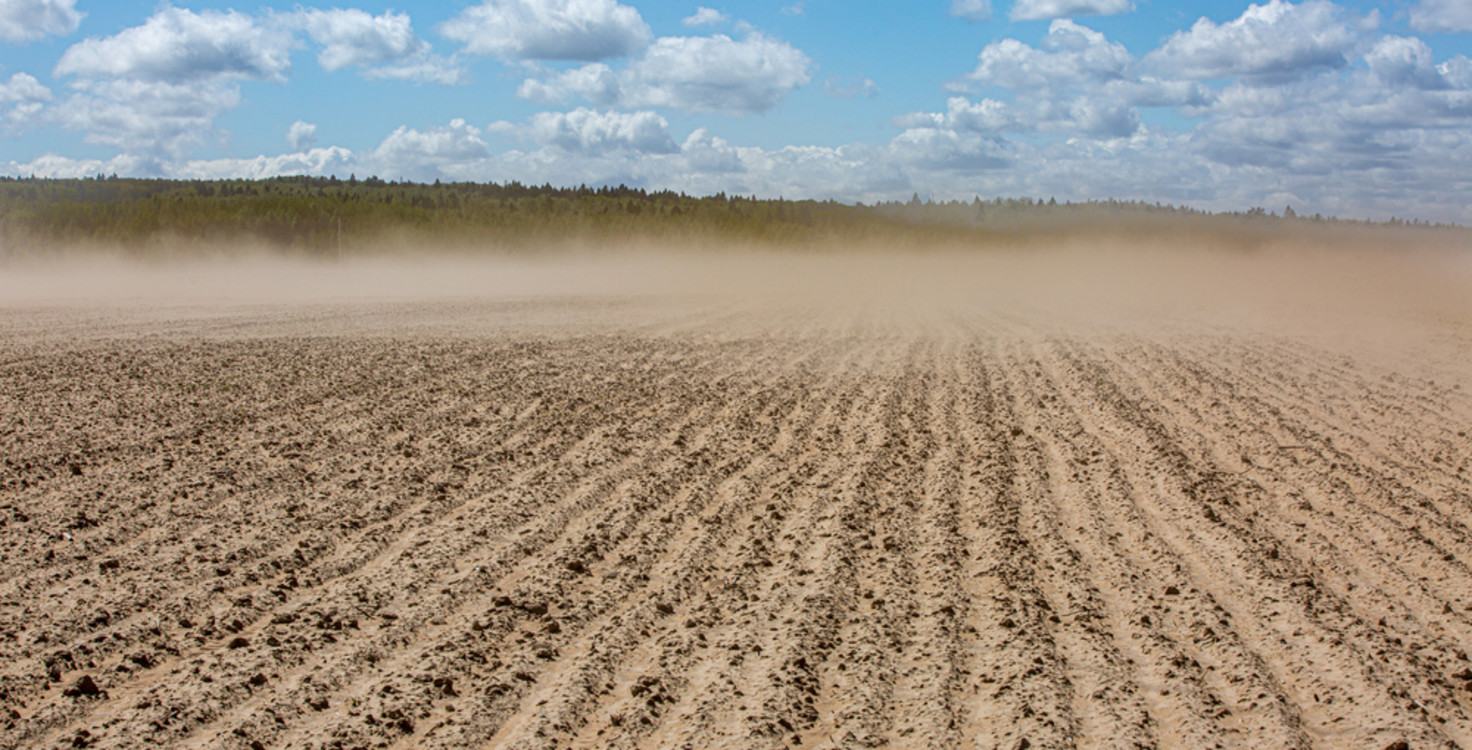Last month, climate change negotiators from around the world gathered in Bonn, Germany for the Bonn UN Climate Change Conference, an interim negotiation ahead of the forthcoming COP28 which will be held in and hosted by the UAE Presidency. Country negotiators met in open and closed-door sessions to advance various topics, including the Global Stocktake, agriculture and land use, and climate finance among others. This insight will cover the sessions related to those topics and key components to progress, including a roadmap aligned to 1.5°C for agri-food systems.
Global Stocktake
The Global Stocktake (GST) was a primary focus at Bonn, which is a process marking collective progress to achieving the goals aligned with the Paris Agreement and which will officially conclude at COP28. NGOs and observers played a key role, highlighting existing gaps and challenges. At an event organised by the COP presidency, the World Farmers Organisation emphasised the need for greater consideration of agriculture through sector-relevant roadmaps, stakeholder engagement and raising ambition. The Environmental Integrity Group warned that the world is “on the brink of missing out on 1.5°C,” and called for more action on loss and damage and more involvement from non-party stakeholders.
Many countries also spoke of their ambitions for the Global Stocktake. Brazil, South Africa, India, and China insisted the GST was key and called for increased financial support to developing countries. Ultimately, negotiators encountered challenges and parties only noted an indicative draft structure of the decision on the GST, with finance and Article 2.1(c) - the goal of aligning finance flows with climate goals - as the primary roadblocks to progress.
Agriculture and Land Use
The first week at Bonn involved discussion around the Sharm el-Sheikh joint work on the implementation of climate action on agriculture and food security. Unfortunately, negotiations broke down over the establishment of a coordination group for the joint work, which was generally favoured by the G77 Group of countries but was generally opposed by high-income countries.
Talks ended with a procedural conclusion that will continue at COP28. Key issues to address going forward will be ongoing work in Latin America and India to support agri-food systems and deciding upon potential topics for workshops.
Climate Finance: Gaps Remain for Agriculture
One of the technical working groups met to discuss the “New Collective Quantified Goal” - which is a process to establish a post-2025 goal for climate finance to assist developing countries in cutting their emissions and increasing climate resilience. The original goal aimed to provide $100 billion per year to countries. This goal is expected to be met this year.
The UN reported that this target still may fall short of the needed finance since “developing countries require at least $6 trillion by 2030” to meet existing climate goals, with most financial assistance still being delivered as loans. The private sector has a huge role to play in this space by providing more investment in the agricultural sector for mitigation and adaptation measures.
At the summit, the World Bank revealed agriculture only received 3% of climate finance and called for food-related finance gaps to be filled. This is a relevant topic for investors as public climate finance can also be used to mobilise large volumes of private sector finance in emerging markets.
Indeed, many delegates attributed negotiation roadblocks to insufficient climate finance. The Business and Industry NGOs group called for “scaling up mitigation ambition on Article 6” of the Paris Agreement. Others echoed the need to scale up public and private finance for climate and eliminate harmful subsidies to achieve 1.5°C. On the latter, FAIRR has worked with investors to urge the European Commission to reform its Common Agricultural Policy (CAP) subsidies for better alignment with climate and biodiversity goals.
Negotiators and Stakeholders Amplify the Need for an Agri-Food Systems Roadmap
Outside negotiating rooms, there was much discussion at official side events around the need for a 1.5°C-aligned agri-food systems roadmap for both investors and policymakers, which is important as a guide for investors and for finance flows.
The Jeremy Coller Foundation (JCF) co-hosted a side event on “Unlocking the Potential of Alternative Proteins for Food Systems Transformation” where FAIRR discussed the role of investors in transforming food systems and explained their increasing commitment to redirecting financial flows in the agricultural sector, and how a roadmap can help. They also mentioned investors’ need for an agri-food systems roadmap to 1.5°C, that provides clear milestones that align with climate, nature and food security goals, as noted in the letter backed by investors with $18 trillion in assets.
At COP27, the FAO responded to this letter calling for a 1.5°C-aligned roadmap and agreed to produce the agri-food systems roadmap to 2050 by COP28. Ideally, the roadmap will also reference and be aligned with frameworks such as the Science Based Targets Network (SBTN) and the Taskforce on Nature-related Financial Disclosures (TNFD).
FAIRR spoke with Zitouni Ould-Dada, Deputy Director of the Office of Climate Change, Biodiversity and Environment at the FAO who stated: "It is important we move towards scaling up implementation measures that achieve multiple goals such as climate, biodiversity, and food security. The FAO roadmap will provide that for the agriculture sector with key targets and milestones to help achieve this".
Roadmap discussion continued during an official side event on implementing systems transformation in the Agriculture, Forestry and Other Land Use (AFOLU) sector. Panellists affirmed that transforming the agri-food sector requires a 1.5°C -aligned roadmap that reduces GHG emissions intensity for agriculture, protects the world’s ecosystems, and focuses on a sustainable diet shift for all. Specifically on sustainable diets, Sophie Boehm of the World Resources Institute (WRI) noted in this event that: “achieving targets requires change in how we produce and consume” and that “efforts to reduce meat remain well off track in high consuming countries”.
Josephine Jansen, Special Advisor at the Danish Ministry of Climate, Energy and Utilities, stressed: “If we want to stop at 1.5C, we need to start talking implementation. Systems transformation is key, but this is [a new topic] in UN climate negotiations”.
Between global commitments, stalled negotiations, and climate leaders such as the UK potentially backing out of its £11 billion climate pledge, it remains to be seen if parties will overcome roadblocks to global goals by COP28 and commit to climate finance at the level needed. The UAE Presidency committed to making food systems a priority, and recently announced a government-level declaration for Food Systems, Agriculture, and Climate Action, calling on “countries, industry and producers to make commitments on how they will realise the mitigation and adaptation potential of their food systems and food supply chains”. The COP28 presidency will announce the workstreams and delivery partners for this at the forthcoming UN Food Systems Summit from 24-26 July. This signals to investors that there is optimism that parties will reach an agreement that leads to sustainable food systems and a 1.5°C world.
FAIRR insights are written by FAIRR team members and occasionally co-authored with guest contributors. The authors write in their individual capacity and do not necessarily represent the FAIRR view.











